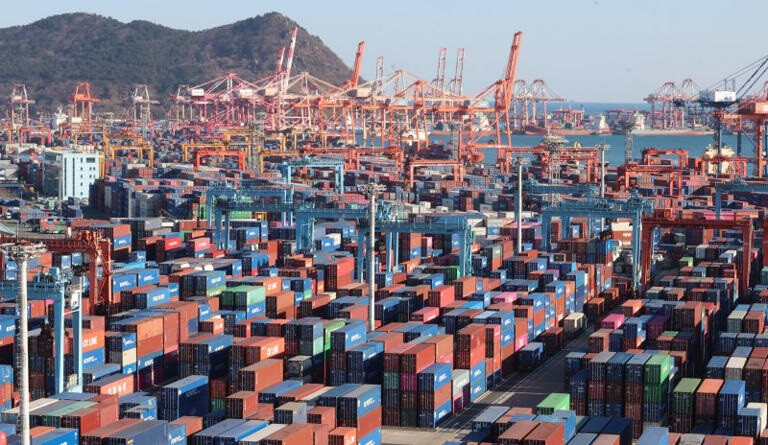
The South Korean government has taken measures to address the potential impact of China's recent export control of five key raw materials. This move comes in response to China's announcement of additional tariffs on US imports and the implementation of export restrictions on these materials.
The five raw materials subject to export control are tungsten, molybdenum, indium, bismuth, and tellurium. These materials are crucial for various industries, including semiconductors and displays.
The South Korean government has stated that it has secured sufficient reserves of these materials through private stockpiles, public reserves, and domestic production. However, it remains vigilant and will closely monitor the situation to ensure that there are no disruptions in supply.
To address the potential impact of China's export control, the South Korean government has taken the following measures:
Monitoring supply trends: The government is closely monitoring the supply and demand trends of the affected raw materials to identify any potential shortages or disruptions.
Exploring alternative import sources: The government is actively seeking alternative sources for these materials to reduce its reliance on China.
Promoting domestic production: The government is encouraging domestic production of these materials to increase self-sufficiency.
Working with relevant industries: The government is collaborating with relevant industries to ensure that they have access to the necessary raw materials.
The South Korean government is confident that these measures will mitigate the impact of China's export control and ensure the stability of its supply chains.
Here is a breakdown of the situation for each of the five raw materials:
Tungsten: South Korea has secured approximately six months' worth of tungsten, including private stockpiles and public reserves. The government is also exploring the possibility of recycling tungsten scrap.
Molybdenum: South Korea has secured over three months' worth of molybdenum, including public reserves. The government is also seeking alternative import sources for molybdenum.
Indium, bismuth, and tellurium: These materials are produced domestically in South Korea, and the government believes that it has sufficient reserves to meet demand.
The South Korean government is committed to working with relevant industries to overcome the challenges posed by China's export control. It is confident that these measures will ensure the continued growth and development of the South Korean economy.
[Copyright (c) Global Economic Times. All Rights Reserved.]






























